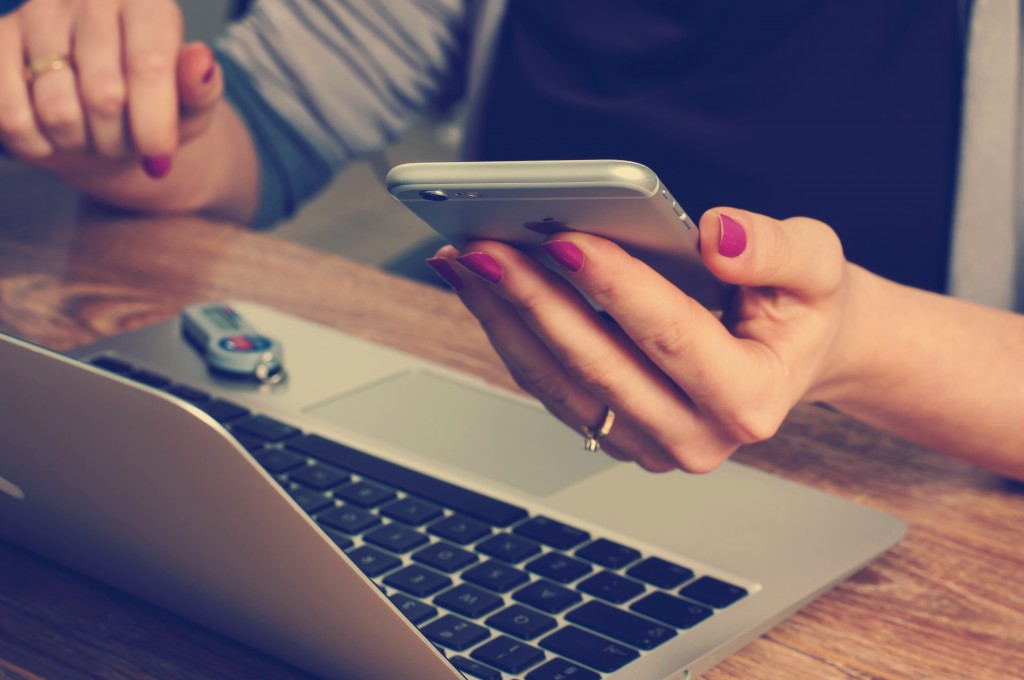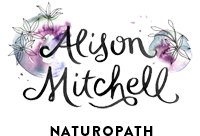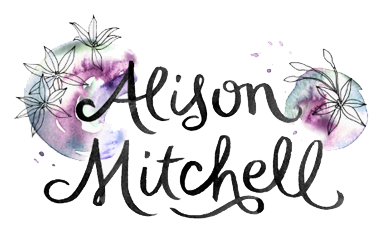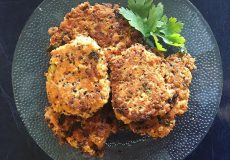My thoughts on the recent ‘wellness’ scandals
[fb_button]
It’s been a frustrating time for myself and fellow natural health practitioners who have been watching the stories about shonky ‘health gurus’ circulate around social media. Those that have received criticism in particular are the “Wellness Warrior” Jess Ainscough, and Belle Gibson, both wellness bloggers who have shared their journey with cancer, Gerson therapy and diet (however in the case of Belle Gibson, she lied about having the cancer) and as a result ‘steered people away from life saving conventional therapies’.
What I have been frustrated to see come out of the unfolding story of these bloggers is an attack on the complementary health industry as a whole. Claims that it is ‘dangerous’ or that the industry tries to steer people away from conventional medicines options. I feel this is quite a bit of a stretch to make these comments, as I’ll go into a bit later and it also frustrates me just for the simple principle that it is extremely generalised. I can’t imagine this same situation happening in another industry, for instance if you had a bad haircut you wouldn’t declare all hairdressers to be lowsy.
Wellness bloggers do not equal qualified practitioners, even though they may blog about similar topics such as the importance of a healthy diet, the difference that I often see is that wellness bloggers are talking about their own experiences. I don’t see a problem with this as long as it is made clear that it is just their own experience – perhaps where the confusion comes from is in the way it’s been written.

Photo by William Iven
Belle Gibson
Until recently, I didn’t even know who Belle Gibson was. I had seen her app “The Whole Pantry”, but didn’t know of the connection with this to her or her ‘pretend’ illness.
To start with, what I saw was that Belle Gibson created a beautiful cookbook and app which included recipes and articles written in cooperation with practitioners and other health ‘gurus’. I read some of the articles and recipes contained in the app (most of them weren’t even written by her) a while ago without realising she was claiming to offer an alternative to cure cancer and at the time thought “What a great resource, there are some excellent general health tips in here”. I can’t comment further about any specific cancer claims she made at this time as I didn’t read about that, and I never bought her book so wasn’t able to read her ‘sob story’ introduction.
I watched her interview on ACA where she claimed she was convinced by an alternative medicine ‘quack’ that she had a brain tumour, and then not long after this it was revealed that she had testing which confirmed that she did not have the brain cancer, however she continued to lie about having it. Originally she claims she was diagnosed by an actual oncologist, and I wonder whether now she claims it was ‘the quacks fault’ because that is the easiest way to shift the blame and focus off of herself.
In the last few months it was revealed publicly that she never had cancer, and this came as a huge shock to all those who followed her and took on her advice hoping to achieve the same results.
I think it was incredibly wrong for her to lie and deceive so many people, although we still don’t know if she acknowledges if she’s lying, and I think it is incredibly sad for the people who followed her and gained hope for themselves, who I would imagine are now feeling incredibly betrayed and to an extent hopeless. I am disappointed that she never followed through with her promises to donate falsely earned money to charity. I am also disappointed that one of the outcomes has been a lowering of trust for people promoting wellness and natural health.
Jess Ainscough
I never followed Belle Gibson or even knew of her existence until this recent scandal but I did follow Jess Ainscough, and in her writings it was always clear to me that she was writing about her personal experiences and what she had researched, and she never tried to steer people away from conventional medicine, rather she tried to encourage people to eat well and mindfully. Having read many of her blog posts and her book “Make Peace with your Plate” I know that she had a very specific cancer that is treated differently to most of the more common cancers, and even so she didn’t personally avoid or boycott chemotherapy, so when it is said that she steered people away from conventional therapy I can only say that’s not the impression that I got from reading her writing.
Wellness Blogger or Health Practitioner?
Health practitioners don’t make claims or recommendations without backing it up, or at least discussing what research is and isn’t available, and if they are writing an opinion piece (such as this is) you don’t see health recommendations in it (because everyone is different!). The aim is always to provide the information so that you can make your own decision.
A consequence of this whole debacle seems to be the apparent war between conventional and natural medicine that has come to the fore. Even if this war isn’t even in actual existence (in my personal experience with dealing with other health professionals it isn’t), some of the issues that came up with these scandals is the ‘one or the other’ mentally which I don’t think needs to happen, let alone should happen, and my gripe with this is that it is deterring people from working with their health professionals as part of a team.
Personally I am not a fan of the Us vs. Them mentality (that being natural medicine vs conventional medicine, e.g. naturopaths vs. doctors or nutritionists vs. dieticians). I may at times say that there is an area where a particular field may be more indicated, but I truly feel that if there was more communication between health practitioners, with the goal of the patients best interests always being the priority, and less ‘bashing’ of the fields then so much more progress could be made. Most of the time this is already happening but this recent media attack has set it back several steps.
There’s a place for everything. For example you wouldn’t see a naturopath for a heart attack or broken leg, and you wouldn’t see a surgeon for fatigue or PMS. If you see a naturopath for a condition before seeing a doctor, they are trained to refer you if they feel there is something going on that they can’t help you with or if you present with any ‘red flags’ that require stronger conventional treatment. Similarly, Naturopaths do not diagnose conditions (and to refer back to the Belle Gibson story where she claimed that she was actually diagnosed with cancer by an alternative medicine practitioner, I claim bullshit on this being a legitimate practitioner, and most likely it never happened at all).
This is where the principles of Therapeutic Order come in. When supporting a condition the aim should be to use the least invasive methods possible with the lowest risk profile, which is usually things like diet and lifestyle interventions, and at the other end is things with greater risk such as surgery. Most of the time one would start at the lowest risk end, but there are always situations where you would jump in further along – the best example of this would be a broken bone would go straight to surgery.
Having said all that, I think there is a place for wellness bloggers, which can be a great inspiration source for generally eating well, getting plenty of exercise and being mindful of your health. But the difference is that you shouldn’t rely on the information they share as your only source of information to make your health decisions.
Complementary Health Care and Cancer
I think that complementary medicine can have a valuable role to play in conjunction with conventional cancer treatment, and that if people choose to go down this path then they should seek advice from a CAM practitioner who is knowledgeable in this area and is open to working with their oncologist.
There are some herbs and nutrients which have been studied in this field and most oncologists are accepting of these, but they need to be informed about whether the patient is using it. They need to be aware of any potential interactions, they need to know if you’re taking something that could be responsible for making you feel better or worse. Keeping a health practitioner in the dark when they are making decisions about your health is not a wise move.
The reality is that people are seeking help for dealing with the side effects of chemotherapy and radiation, and these treatments don’t work 100% of the time(what does?) so they often look elsewhere for help to make it work better and give themselves more confidence in their treatment success. Most of the time this results in self prescribed complementary medicines which are chosen based on internet research, and often the patient does this without the knowledge of their oncologist – in my opinion this is not a good or safe decision.
Do it safely
If someone wished to use complementary medicines alongside conventional treatment, my first bit of advice would be to seek a practitioner who is properly qualified and part of an association such as NHAA, ATMS or ANTA. Associations such as these have requirements for their practitioners to follow ethical guidelines, to be up to date in their knowledge and promote professional practice. In the case of Naturopaths, there is a push for registration to occur and this will result in a much tighter governance on who can call themselves a Naturopath. In the meantime, checking with associations is the best way to know you’re getting a properly trained practitioner.
Secondly, don’t keep secrets from your health care practitioners about things that are relevant to their treatment of you.
Thirdly, don’t take information you read on the internet (especially social media) as gospel, and always check with your health care practitioner before making changes.
[fb_button]












Pingback: Private Health Care Rebates due to be axed for Natural Therapies • Alison Mitchell Naturopath | Alison Mitchell Naturopath